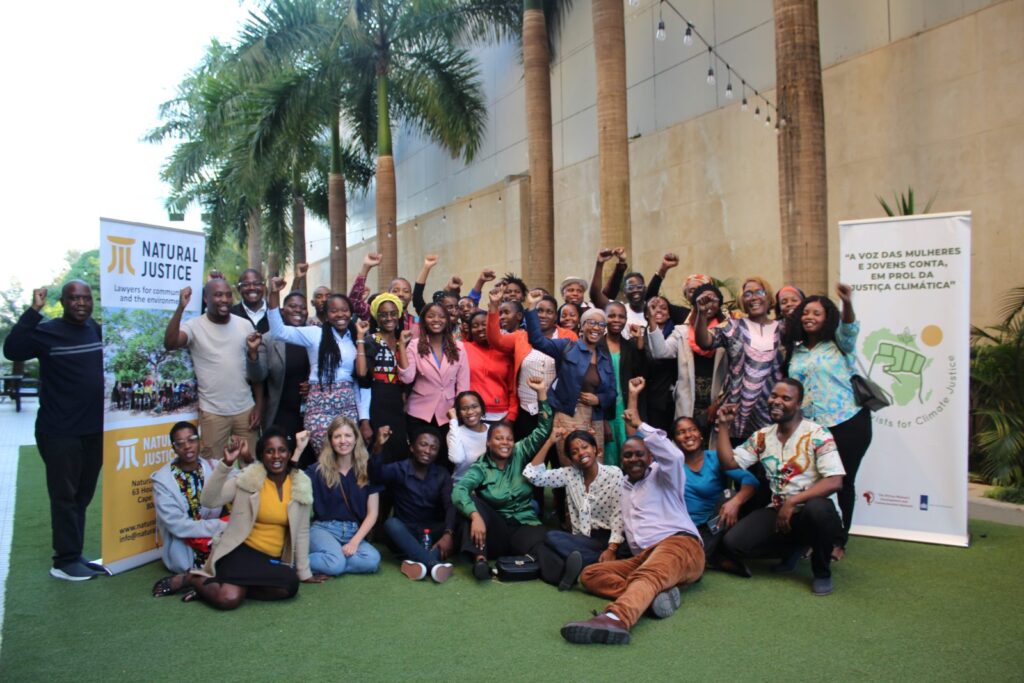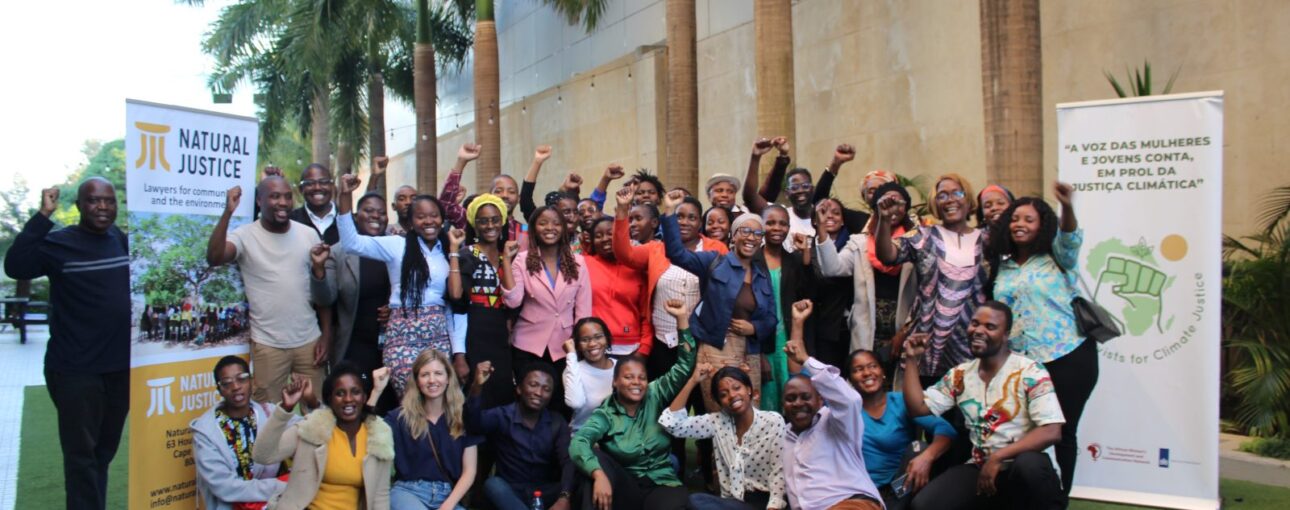Empowering Women and Exploring Land Rights in Mozambique

By Natural Justice
In Mozambique, land rights are more than just a legal issue; they are a matter of survival and dignity, especially for women. The latest draft of the country’s land laws could significantly alter the lives of many Mozambicans, particularly women who are the backbone of agricultural practices.
Women and Land: The Backbone of Agriculture
In Mozambique, women form the major workforce in agriculture, responsible for producing food and managing households. Despite their crucial role, they face numerous obstacles in accessing, inheriting, and owning land, often being excluded from decision-making processes. The Strategy and Plan of Action for Gender in the Agriculture Sector 2016-2025 reveals that only 28% of women in Mozambique have land tenure. This tenure is vital as it signifies a recognized connection to land and natural resources, granting them security and the ability to invest in their land without fear of displacement.
Voices from the Workshop
A recent workshop in Maputo, organized by Natural Justice, brought together civil society organizations, students, and farming community representatives to discuss women’s land tenure and climate change. Leopoldina Gouveia, a Programme Officer at Natural Justice, highlighted that 92% of women in rural areas and 52.9% in urban areas work on the land, according to the 2017 census. Yet, their rights are often overlooked.
“The lack of decision-making power and access to resources keeps women vulnerable to land rights violations, perpetuating poverty and gender inequality,” Gouveia said. This workshop provided a platform for women to share their experiences and learn how to advocate for their rights effectively.
The Struggle for Land Rights
An activist at the workshop spoke passionately about the challenges women face within farming communities. She emphasized that local authorities often promote inequality by selling land and mobilizing communities to abandon their homes with false promises of compensation.
“We are raising the voices of vulnerable people who are not benefiting because local authorities are exploiting them for personal gain,” she said. “With the knowledge gained here, I can empower other women to understand their rights, both environmental and land-related.” This knowledge transfer is essential for building a community of informed and empowered women who can collectively challenge unfair practices.
Government’s Role and Public Participation
The Mozambican government is in the process of changing land laws, but the initial public consultation was inadequate, reaching only a small fraction of the population. With a population of around 32 million, only about 75,000 Mozambicans were consulted. This limited engagement highlights the need for broader, more inclusive consultations to ensure that the voices of all affected communities are heard. Mozambicans still have the chance to voice their opinions on the latest draft of the proposed laws. This input is crucial before the draft moves to the Land Consultation Forum, the Council of Ministers, and ultimately, Parliament.
Climate Change: A Threat to Women’s Rights
Climate change exacerbates existing vulnerabilities, and women and girls bear the heaviest burden. Natural disasters like tropical storms and floods leave them in precarious situations, vulnerable to displacement, food and water scarcity, poverty, and violence. The United Nations Sustainable Development Group has noted that in Mozambique, climate change and natural disasters are worsening these vulnerabilities.
Securing land tenure for women is essential for building resilience against these impacts. Effective land use and control can prevent the spread of disasters to prone areas, ensuring that women have secure, stable environments from which to rebuild their lives.
Finding Solutions Together
Effective land use and control are vital for minimizing disaster-prone land and ensuring security for women. Solutions will be found through consulting with those directly affected by climate change. Workshops like the one organized by Natural Justice are crucial for bringing together different stakeholders to discuss and develop strategies that address the specific needs and challenges of women.
The Path Forward
The ongoing reform of land access and tenure laws is a critical opportunity to address the specific challenges women face. Transforming current policies into gender-responsive, fair, and equitable regulations is imperative. This means ensuring that women’s rights are explicitly protected in the new laws and that women are actively involved in the decision-making processes that affect them.
An inspired activist at the workshop shared how learning about the struggles of South African communities empowered her to defend land rights in her own country. “After this workshop, I feel empowered to share this information with my community. Together, we can fight any threats.” This sense of empowerment is vital for creating a movement of women who can advocate for their rights and hold authorities accountable.
AACJ’s Support: Empowering Women and Building a Sustainable Future
The African Activists for Climate Justice (AACJ) Program stands firmly behind initiatives like those in Mozambique because they embody our core mission: promoting justice, equity, and resilience in the face of climate change. Empowering women with land rights goes beyond mere legal reform; it’s about fostering a just and sustainable future for everyone.
At AACJ, we believe that by raising awareness and providing education, we can help communities advocate for their rights and build a more secure future. Our support is not just financial; it’s about giving a voice to those who are often unheard. We provide the necessary resources and platforms for women and other marginalized groups to be heard, ensuring their rights are protected and their invaluable contributions recognized.
Our role in supporting these initiatives is multifaceted. We offer small grants to enable projects to thrive, advocate for policy changes that benefit vulnerable communities, and build capacity through training and workshops. This holistic approach helps amplify the voices of women and marginalized groups, turning their struggles into powerful movements for change.
By empowering women with the knowledge and tools they need, AACJ helps to create a ripple effect in communities. Women who are educated about their rights can educate others, creating a network of empowered individuals who can collectively advocate for justice and resilience.
Our support is driven by the belief that when women thrive, communities thrive. By focusing on land rights, we are addressing a fundamental issue that affects not just women, but entire communities. Secure land tenure means more than just a plot of land; it means stability, food security, and a foundation upon which to build a future.
In essence, AACJ’s support is about more than just aiding projects; it’s about standing with communities as they fight for their rights and work towards a more equitable and resilient future. Together, we can create a world where everyone, regardless of gender or background, has the opportunity to thrive.

